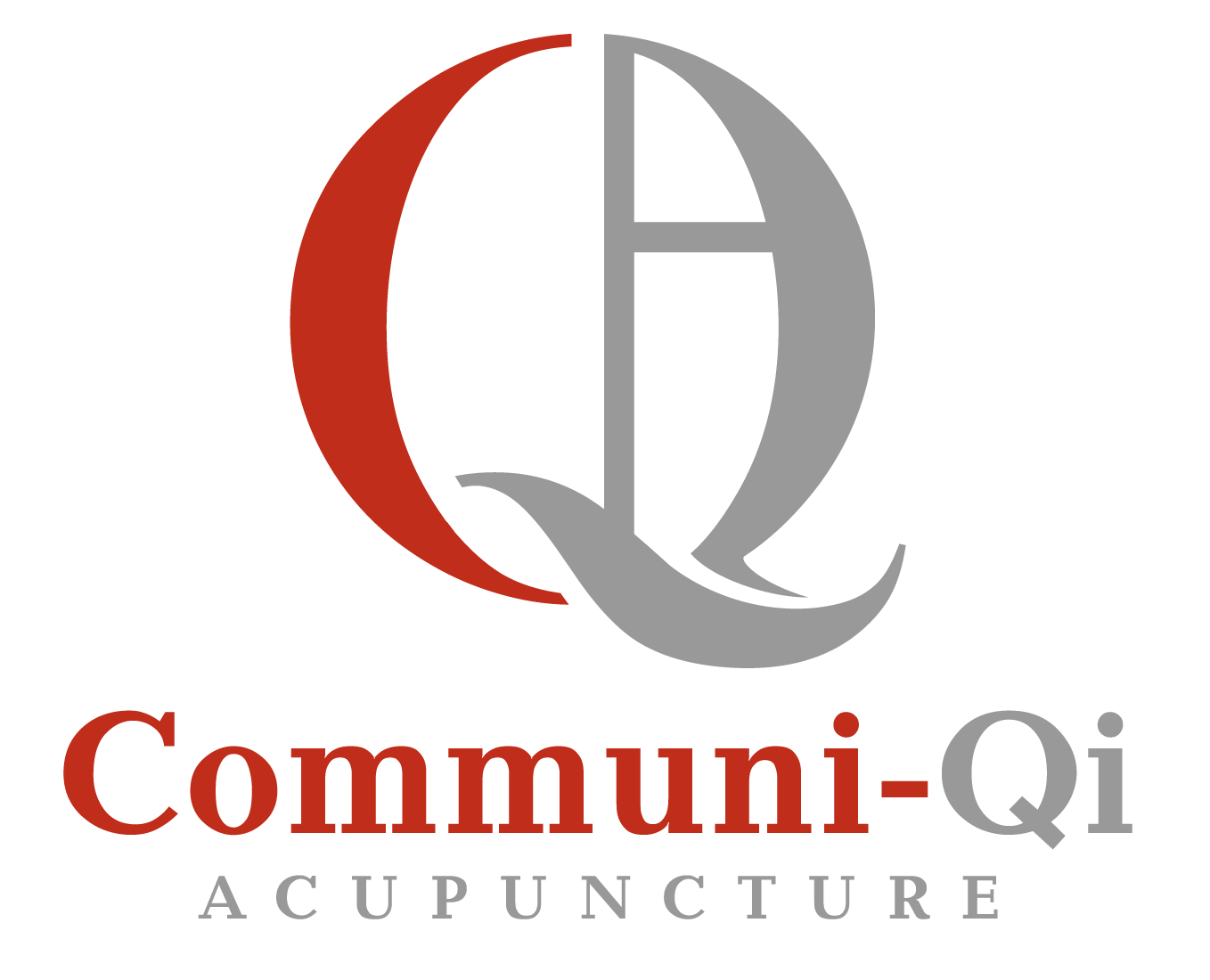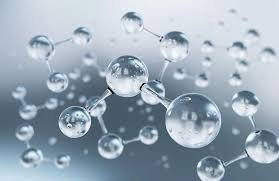Peptides for pain and injuries
Peptides can be effective in managing pain through various mechanisms, providing relief for both acute and chronic pain conditions, while activating stem cells to promote regeneration and tissue repair.
Peptides for Hormone Regulation
Many hormones are actually peptides themselves, such as insulin, glucagon, and growth hormone. These peptide hormones interact with specific receptors on target cells to regulate various physiological processes, including glucose metabolism, growth, and energy balance.
Peptides for weight loss
Peptides are gaining attention in the fields of weight loss, fat breakdown, and muscle building due to their specific functions in metabolism and muscle physiology
Peptides for longevity, regenerative health
Peptides offer a holistic approach and comprehensive strato extending both lifespan and healthspan by enhancing mitochondrial function, safeguarding neurocognitive health, improving gut integrity, optimizing weight, and supporting regenerative processes.
Peptides are increasingly being recognized for their potential in regenerative health due to their roles in promoting healing, tissue repair, and overall biological functions. Here are some key peptides and their applications in regenerative health:
Collagen Peptides: These peptides support collagen synthesis, which is essential for skin elasticity, joint health, and tissue repair. Collagen peptides are often used in supplements to improve skin appearance, joint function, and overall tissue regeneration.
Growth Factor Peptides: Peptides such as fibroblast growth factor (FGF), platelet-derived growth factor (PDGF), and insulin-like growth factor (IGF-1) are crucial for tissue repair and regeneration. They promote cell proliferation, differentiation, and angiogenesis (formation of new blood vessels), facilitating healing processes.
Stem Cell-Derived Peptides: Research into stem cell therapies has highlighted specific peptides that can stimulate stem cell activity, enhance differentiation, and promote tissue repair. These peptides can be crucial in regenerative medicine for conditions like osteoarthritis and myocardial infarction.
Neuropeptides: Neuropeptides such as substance P and neuropeptide Y play roles in tissue repair and the modulation of inflammation. By regulating inflammatory responses, these peptides can aid in the healing process.
Ligands for Cellular Receptors: Certain peptides act as ligands that bind to cellular receptors, triggering pathways that enhance cellular repair and regeneration. These peptides can have applications in treating degenerative diseases.
Anti-Inflammatory Peptides: Peptides with anti-inflammatory properties can help mitigate chronic inflammation, which is detrimental to tissue regeneration. By reducing inflammation, these peptides support faster healing and improved outcomes in regenerative therapies.
Peptide Therapies in Cartilage Regeneration: Specific peptides have been identified that promote the regeneration of cartilage, making them promising candidates for treating joint-related disorders such as osteoarthritis.
Wound Healing Peptides: Peptides that enhance the wound healing process by promoting cellular migration and proliferation are being researched. These can include antimicrobial peptides that protect against infection while facilitating healing.
Therapeutic Applications in Aesthetic Medicine: Peptides are often used in cosmetic formulations and treatments aimed at skin rejuvenation, reducing signs of aging by stimulating collagen production and improving skin hydration and elasticity.
Research and Development: Ongoing research is focused on developing new peptide therapies for various conditions, including cardiovascular diseases, neurodegenerative disorders, and musculoskeletal injuries, emphasizing their regenerative potential.
In summary, peptides are pivotal in regenerative health, with applications spanning from wound healing and tissue repair to skin rejuvenation and joint health. Their ability to enhance biological processes makes them an exciting area of research and therapeutic development in regenerative medicine.
Schedule a peptide consultation today below!



